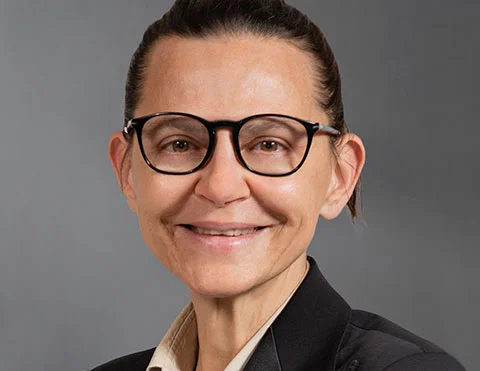LATHAM, N.Y. — AngioDynamics, Inc. (NASDAQ: ANGO) has officially enrolled the first patient in its AMBITION BTK clinical trial, marking a significant step forward in the treatment of critical limb ischemia (CLI), particularly in patients with complex below-the-knee (BTK) arterial blockages.
The AMBITION BTK trial is a multicenter, randomized controlled study evaluating the safety and effectiveness of the Auryon Atherectomy System used in combination with standard balloon angioplasty, compared to balloon angioplasty alone. The trial will focus on treating infrapopliteal lesions—blockages located below the knee—that frequently affect patients suffering from CLI, a severe form of peripheral artery disease (PAD).
AngioDynamics plans to enroll up to 224 patients across 30 sites. Alongside the randomized trial, a companion registry will track outcomes in up to 1,500 additional patients who are not eligible for the RCT but are treated with the Auryon system for lesions either above or below the knee.
Laura Piccinini, Senior Vice President and General Manager of Cardiovascular & International at AngioDynamics, emphasized the importance of the trial in developing new strategies for a high-risk population.
“The enrollment of the first patient in the AMBITION BTK trial is a significant milestone in our commitment to advancing clinical evidence for the treatment of below-the-knee peripheral artery disease,” Piccinini said. “There is a pressing need for new treatment strategies to help patients suffering from chronic limb ischemia, and we are proud to partner with clinicians to evaluate the Auryon System in this important setting.”
CLI presents a serious risk of limb loss, with up to 25% of patients facing amputation within a year if left untreated. In diabetic patients, infrapopliteal disease is particularly prevalent, affecting more than 70% of those diagnosed.
Dr. Ehrin Armstrong, Co-Principal Investigator of the trial and Director of Clinical Research at Advanced Heart and Vein Center, noted that current options for treating BTK lesions are limited, often relying solely on balloon angioplasty.
“The Auryon laser can restore laminar flow and therefore has the potential to improve outcomes in this challenging patient population significantly,” said Dr. Armstrong.
The first procedure in the trial was performed by Dr. Anahita Dua, a vascular surgeon at Massachusetts General Hospital and associate professor of surgery at Harvard Medical School, who also serves as a Co-Principal Investigator.
“Patients with below-the-knee disease often face limited treatment options and poor long-term outcomes,” said Dr. Dua. “Across the world, there has been a significant increase in patients with below-the-knee disease, which is, unfortunately, resulting in an amputation epidemic. Having new tools and techniques to restore blood flow to the foot, allowing wounds to heal, and patients to preserve both their limbs and lives, is critically important and the focus of this trial.”
She added that the trial’s rigorous design will allow researchers to collect meaningful real-world data that could reshape treatment standards for BTK disease.
The AMBITION BTK study will use a win-ratio methodology to assess its primary endpoint over 12 months, measuring freedom from major amputation, freedom from clinically driven target lesion revascularization (CD-TLR), and primary patency in a hierarchical analysis.


